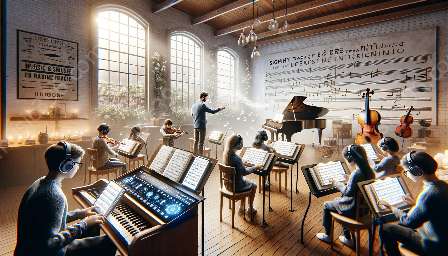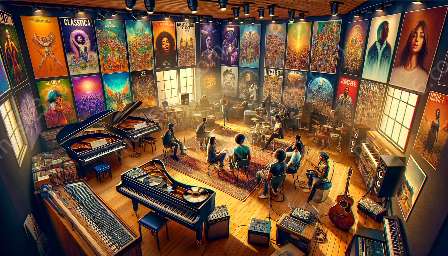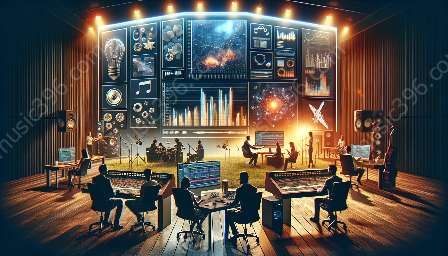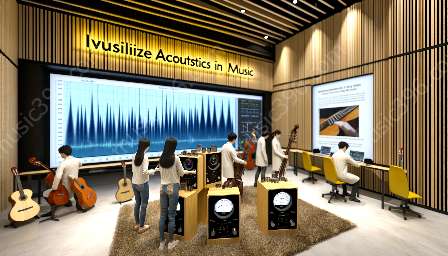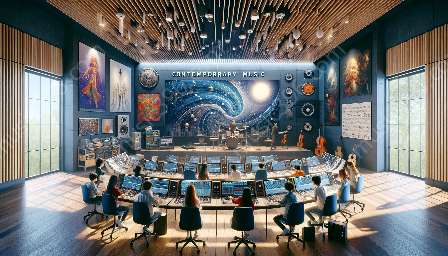Do you want to learn how technology can revolutionize piano pedagogy and enhance music education? This comprehensive topic cluster explores the various ways in which technology can be leveraged to improve piano instruction, providing innovative and modern solutions for teachers and students alike.
Piano Pedagogy: The Traditional Approach
Historically, piano pedagogy has been rooted in traditional methods of teaching and learning. While these methods have formed a strong foundation for music education, the introduction of technology has opened up new possibilities for enhancing the learning experience.
Benefits of Technology in Piano Pedagogy
The integration of technology in piano pedagogy presents numerous advantages that can greatly benefit both teachers and students. Some of the key benefits include:
- Interactive Learning: Technology enables interactive and engaging learning experiences, allowing students to actively participate in their learning process.
- Customized Feedback: With the help of technology, teachers can provide personalized feedback to students, addressing specific areas of improvement.
- Access to Resources: Technology grants access to a vast array of educational resources, including tutorials, virtual concert experiences, and online music libraries.
- Enhanced Practice Tools: Innovative apps and software offer practice aids and tools, making practicing more efficient and enjoyable for students.
- Performance Opportunities: Technology provides platforms for students to showcase their skills and connect with audiences through online performances and competitions.
Integrating Technology in Piano Pedagogy
Teachers can integrate technology into their piano pedagogy in several ways:
- Online Lessons: Conducting virtual lessons allows for broader reach, convenience, and flexibility for both students and teachers.
- Use of Interactive Apps: Incorporating interactive apps and software can make learning more engaging and effective.
- Virtual Reality and Augmented Reality: Utilizing VR and AR technology can enhance the immersive experience of learning and performance.
- Accessing Online Communities: Engaging with online forums and communities can foster collaboration and inspiration among students.
Modern Tools for Piano Pedagogy
Various technological tools are available to enhance piano pedagogy:
- Interactive Learning Software: Software applications such as interactive sheet music platforms and virtual keyboards offer innovative learning experiences.
- Practice Apps: Tools designed to aid in practice, such as metronomes, rhythm trainers, and recording software, assist students in honing their skills.
- Online Performance Platforms: Platforms that enable students to showcase their talents through virtual performances, competitions, and recitals.
- Virtual Instruments: Virtual pianos and digital keyboards provide accessible and versatile practice options for students.
Embracing Change in Music Education
The incorporation of technology in piano pedagogy reflects the evolving landscape of music education. Embracing these advancements has the potential to modernize teaching methods and enrich the learning experiences of students, ultimately enhancing the overall quality of music education.
The Future of Piano Pedagogy
As technology continues to advance, the future of piano pedagogy holds exciting opportunities for innovation and growth. From virtual reality learning experiences to AI-driven personalized instruction, the potential for leveraging technology in piano pedagogy is vast and promising.
In Conclusion
Technology serves as a catalyst for redefining and enhancing piano pedagogy. By embracing the advantages and incorporating modern tools, teachers and students can unlock new dimensions of learning and creativity within music education. With the potential for continual innovation, technology offers a transformative pathway for the future of piano pedagogy.

